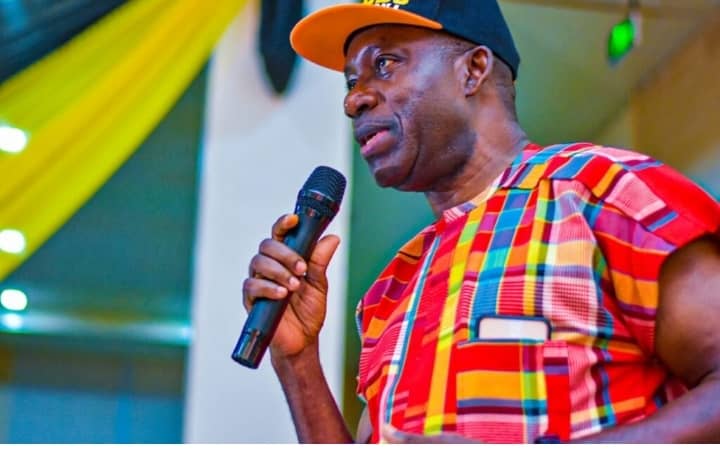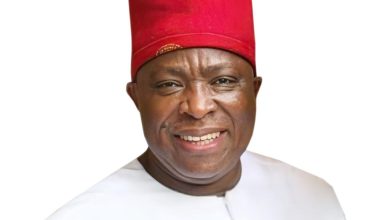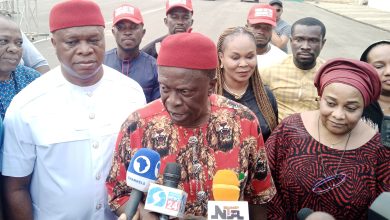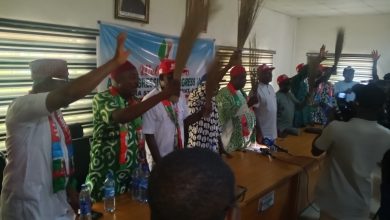
BY: TONY OKAFOR
As Anambra State Governor, Prof Chukwuma Soludo, seeks reelection, he stands at a critical juncture.
Despite his notable achievements in infrastructural development, such as the construction of the new Governor’s Lodge, Solution Fun City, and massive road projects, free education, and healthcare services, concerns linger about his potential second term.
At the heart of these concerns lies a multifaceted set of issues.
Some worry that Soludo may become increasingly authoritarian, surrounding himself with an impenetrable wall and disconnecting from the people.
Others fear that his professorial arrogance may come to the forefront, making him unresponsive to the needs and concerns of the people.
High taxation is another pressing issue that has raised eyebrows.
The current methods of taxation have been criticized for being draconian, with instances of manhandling and even paralysis of citizens in the name of tax collection. This has created a sense of unease among the populace.
Furthermore, the growing insecurity in the state has become a major concern.
Despite Soludo’s Udo Ga-Achi security plans, the general perception is that he has not done enough to address the issue.
This has led to a rift between the governor and both spiritual and temporal leaders in the state, with some prominent traditional rulers reportedly in a state of cold war with him.
To address these concerns and remain credible for reelection, Soludo must adopt a more inclusive and responsive approach to governance.
He needs to foster a culture of transparency and accountability, ensuring that the state’s finances are managed in a way that is open to scrutiny and free from corruption.
A more nuanced and equitable taxation system is also necessary, one that balances the need for revenue with the need to protect the welfare of citizens.
Additionally, Soludo must develop a comprehensive security strategy that addresses the root causes of insecurity and engages all stakeholders, including traditional leaders and community groups.
Establishing a mechanism for regular feedback and engagement with the people is also crucial, ensuring that their concerns and needs are heard and addressed.
Incumbency is not a guarantee for reelection, as former President Goodluck Jonathan’s ousting by Muhammadu Buhari in 2015 aptly demonstrates.
More recently, an incumbent president in neighbouring Ghana was defeated in a general election, highlighting the importance of addressing the concerns of the electorate.
Soludo has a narrow window of opportunity to allay the fears of the people and demonstrate his commitment to their well-being.
By taking concrete steps to address the concerns of the people, Soludo can reassure Ndi Anambra that his second term will be marked by greater responsiveness.
If he fails to do so, he risks being ousted by a credible alternative, which is not scarce from the lineup of contestants in the November race.




